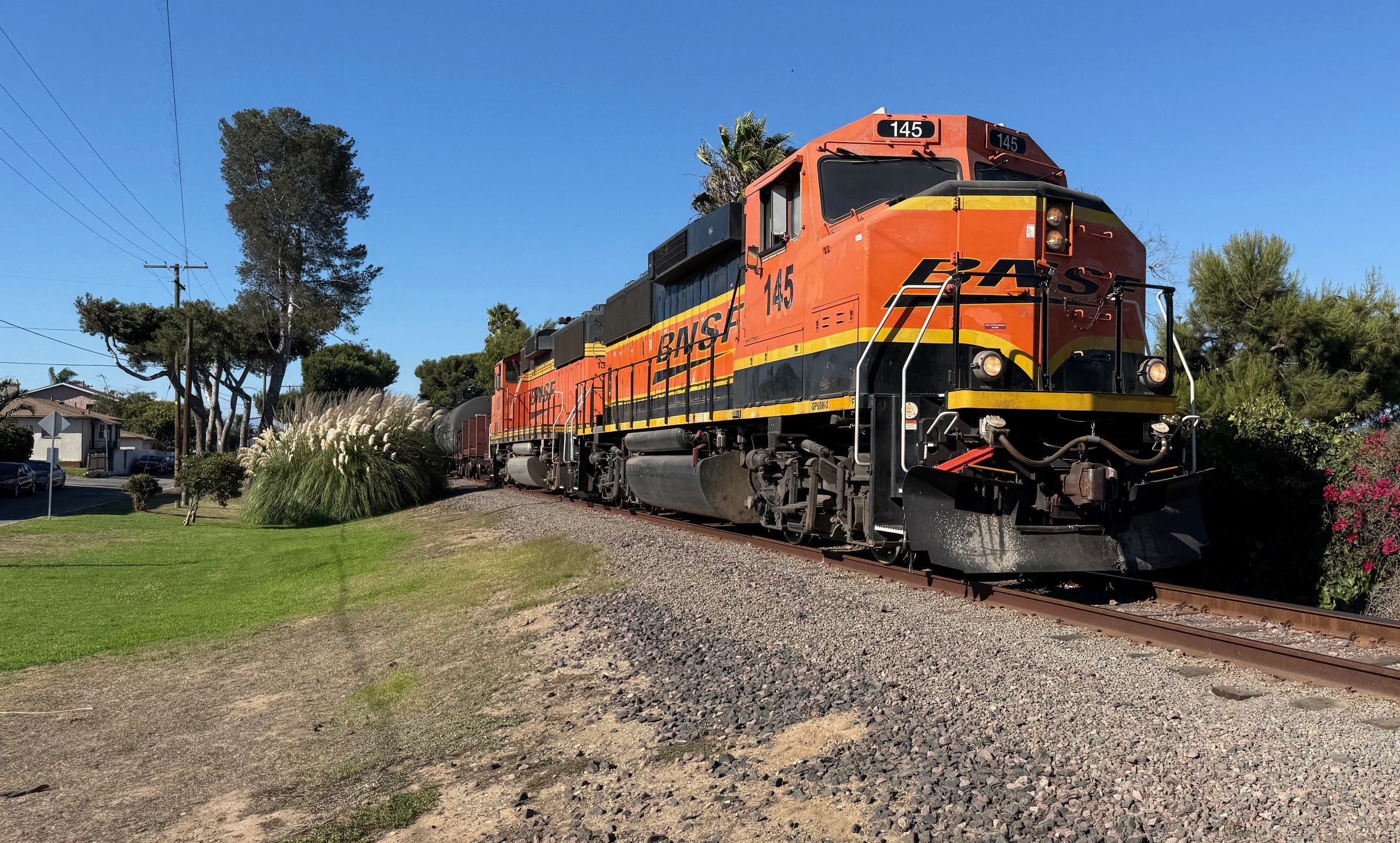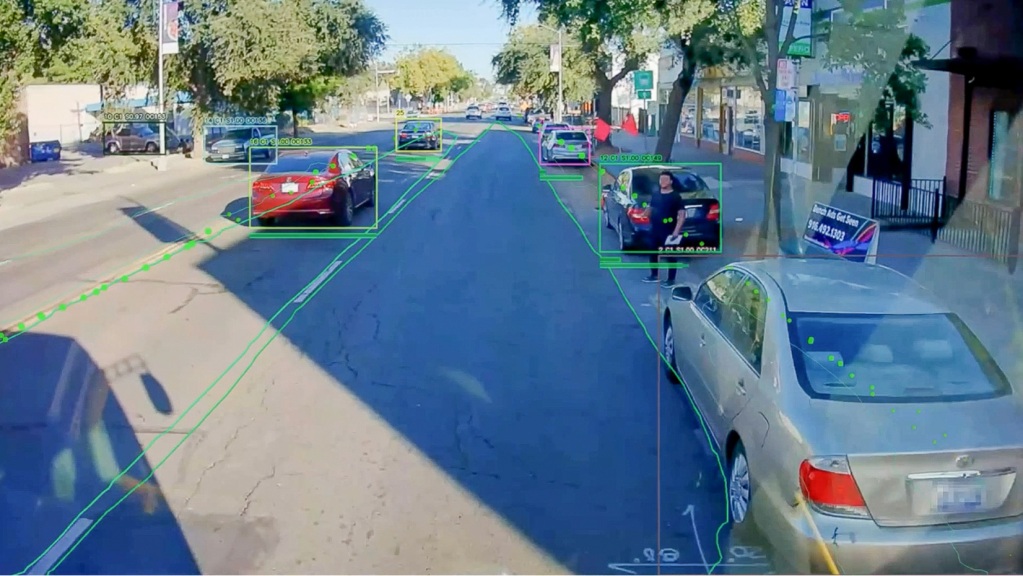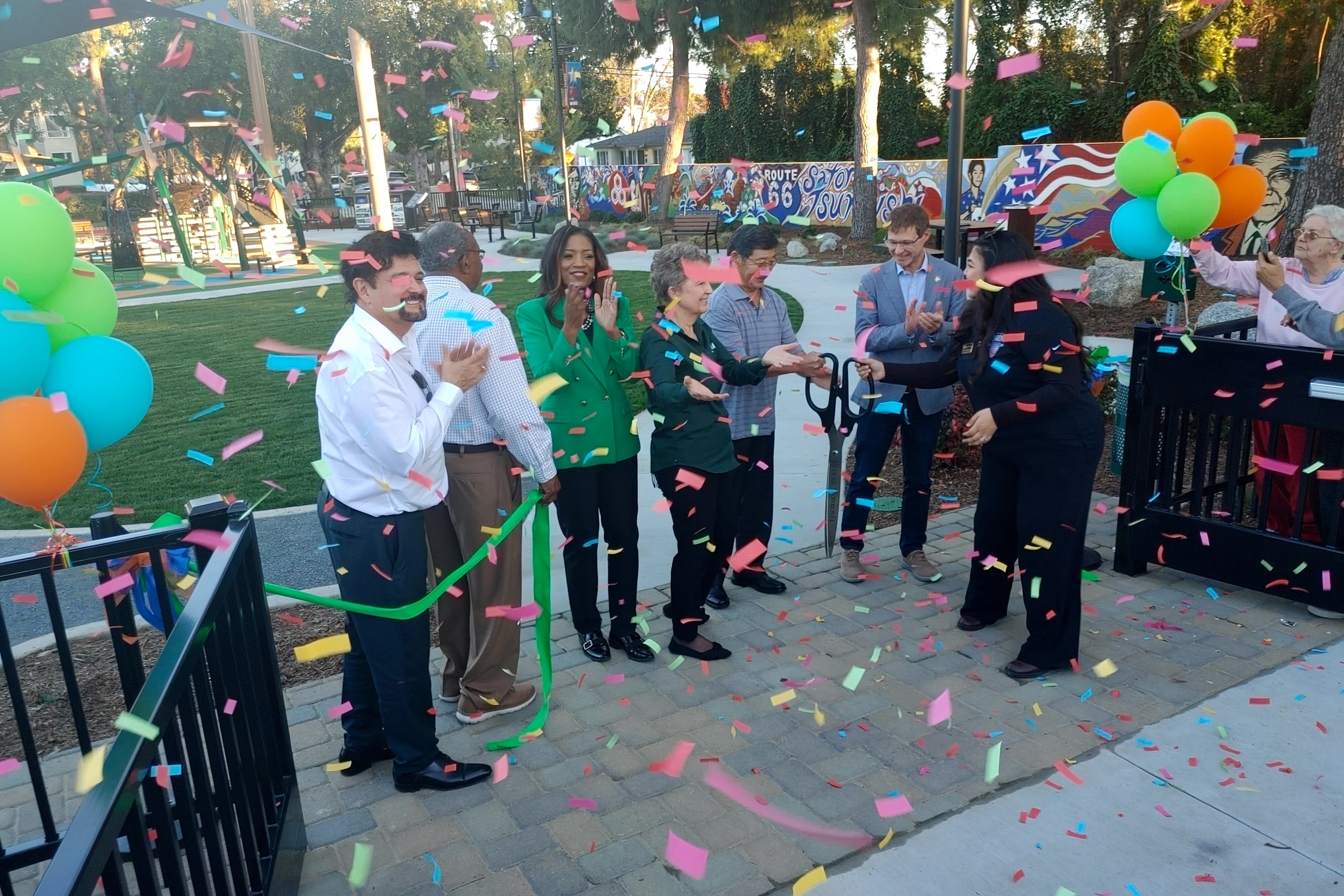
Today marks 50 years since the landmark March on Washington, when Dr. Martin Luther King, Jr. gave his historic "I Have a Dream" speech. I was privileged to join tens of thousands of others on the National Mall this weekend to commemorate the anniversary.
In a blog post today, Transportation Secretary Anthony Foxx noted the role that transportation has played in the nation's civil rights struggles:
In the mid-1950s, a young woman who sat down and refused to get up — she did it on a transit bus. And the boycott of the Montgomery, Alabama, bus system resulted in changes that spread across the South.
Foxx notes that the nation's highway-building boom contributed to racial divides. "Rarely in the last century did an urban interstate highway plow through a neighborhood that wasn’t characterized as poor," he writes. "In 2013, many communities are tearing down those divisions and building bridges."
He doesn't necessarily cite the clearest examples of how transportation and streets can heal divisions, however. He points to Columbus, Ohio, where a "once-vibrant community was cut off from the downtown area when I-71 was built, leading shops to close and families to relocate." But the current project aiming to "reconnect the city’s communities" will actually widen I-71, as well as I-670. Not a good way to reconnect communities.
A better project that Foxx highlights is the highway teardown in New Haven, CT, where the state DOT "is helping the city reclaim a highway that has split the city in half, creating a barrier between New Haven’s downtown and the Medical District and Hill neighborhoods."
Meanwhile, Foxx says, transit can bring communities together:
And when I was Mayor of Charlotte, I fought to bring a streetcar system to our city. The whole community got behind it. That streetcar is the first effort in Charlotte’s recent history to connect a poor part of the city with modern transit.
"President Obama gets this," Foxx writes. "He understands that when you isolate communities, it’s not just those who are affected who are hurt. We’re all hurt."





